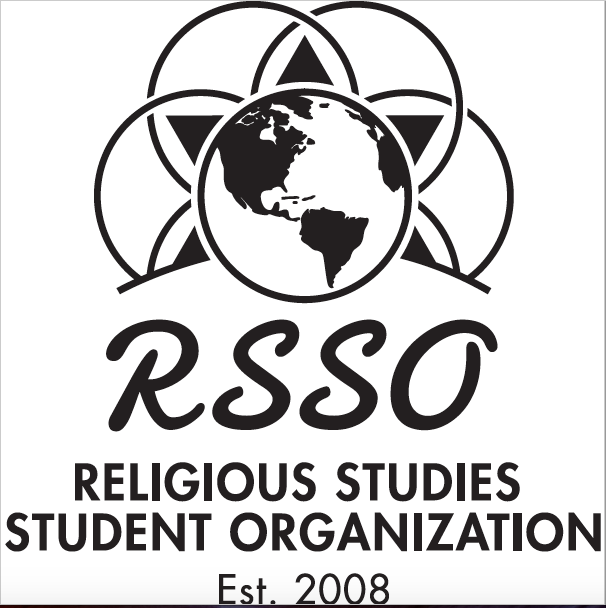An Authentic Spiritual Calling: The Problems of Religion in the Symbolic Order
Moderator
Rev. Dr. Joseph Mueller, S.J.
Location
University of Wisconsin – Milwaukee
Start Date
28-5-2015 10:00 AM
End Date
28-5-2015 11:00 AM
Abstract
This paper explores the ways in which an understanding of religion and God is often a simple reflection of social constructs and forms of ideology (the term “entrapped concept” being lent to this form of religion) and how an analysis and subsequent divestment from this relationship might allow one to gravitate more towards an expression of true desire rather than socially-defined desire. It first explores the traditional criticism leveled at theism by Karl Marx and how this pertains to an ultimate desire for the Thing ('das Ding' in Freudian terminology). This is reinforced by an explication of the radical nature of Christianity and the message of unplugging from the social order contained in the ministry of Jesus Christ. From here, the paper considers ways in which negative, or apophatic, theology might be a useful tool for establishing a more authentic relationship with God along the lines of the Thing. In particular, the paper discusses the theology of Meister Eckhart and his process of detachment according to the theologian Denys Turner. Lastly, there is a consideration of particular challenges that adopting a negative theology might pose to this project, such as the praxis of a religion unplugged from the symbolic order. The paper concludes by asserting that a genuine adherence to Christian faith must straddle the line between the necessity of social interaction and a relationship to authentic desire disassociated from an overt investment into the symbolic order.
In terms of methodology, this paper draws heavily from the primary sources of Karl Marx as well as Slavoj Zizek’s work on ideology. The latter half mostly utilizes Denys Turner’s work “The Darkness of God” and its analysis of Eckhart. This work, for me, was a scholarly effort to reconcile Karl Marx’s compelling theory of historical materialism with spiritual observance manifest most commonly through religious expression. It also served as a general exercise in praxis in that it attempts to combine philosophically sound tenets with real-world (or “real existing” in the words of Zizek) practice and policy.
An Authentic Spiritual Calling: The Problems of Religion in the Symbolic Order
University of Wisconsin – Milwaukee
This paper explores the ways in which an understanding of religion and God is often a simple reflection of social constructs and forms of ideology (the term “entrapped concept” being lent to this form of religion) and how an analysis and subsequent divestment from this relationship might allow one to gravitate more towards an expression of true desire rather than socially-defined desire. It first explores the traditional criticism leveled at theism by Karl Marx and how this pertains to an ultimate desire for the Thing ('das Ding' in Freudian terminology). This is reinforced by an explication of the radical nature of Christianity and the message of unplugging from the social order contained in the ministry of Jesus Christ. From here, the paper considers ways in which negative, or apophatic, theology might be a useful tool for establishing a more authentic relationship with God along the lines of the Thing. In particular, the paper discusses the theology of Meister Eckhart and his process of detachment according to the theologian Denys Turner. Lastly, there is a consideration of particular challenges that adopting a negative theology might pose to this project, such as the praxis of a religion unplugged from the symbolic order. The paper concludes by asserting that a genuine adherence to Christian faith must straddle the line between the necessity of social interaction and a relationship to authentic desire disassociated from an overt investment into the symbolic order.
In terms of methodology, this paper draws heavily from the primary sources of Karl Marx as well as Slavoj Zizek’s work on ideology. The latter half mostly utilizes Denys Turner’s work “The Darkness of God” and its analysis of Eckhart. This work, for me, was a scholarly effort to reconcile Karl Marx’s compelling theory of historical materialism with spiritual observance manifest most commonly through religious expression. It also served as a general exercise in praxis in that it attempts to combine philosophically sound tenets with real-world (or “real existing” in the words of Zizek) practice and policy.

